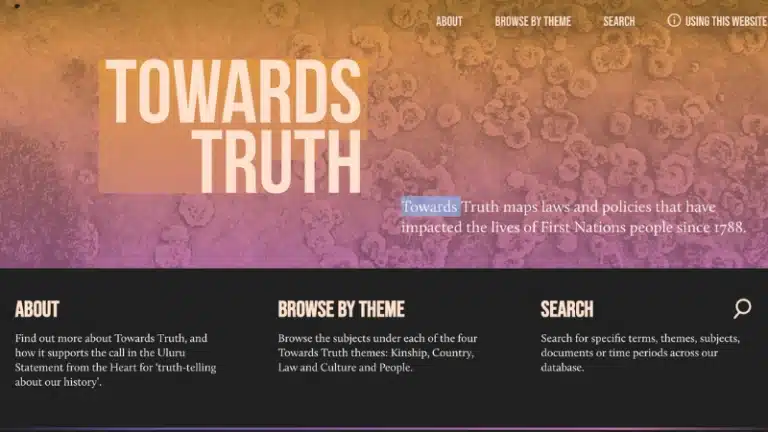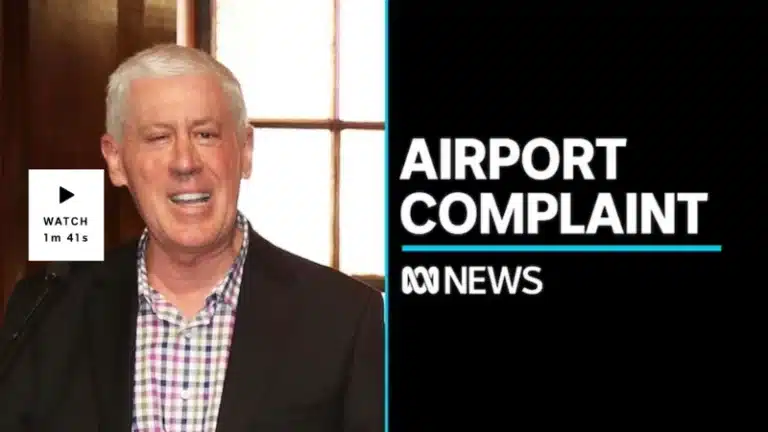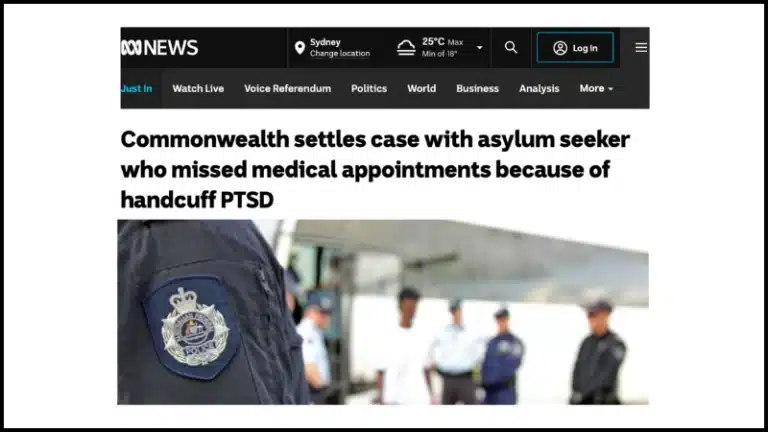
The Aboriginal Legal Service (NSW/ACT) (ALS) and the Public Interest Advocacy Centre (PIAC) say the Government cannot ignore the growing crisis of the imprisonment of Aboriginal people in NSW.
New figures from the NSW Bureau of Crime Statistics and Research (BOCSAR) show the proportion of Aboriginal people in prison is the highest on record. The number of Aboriginal people behind bars is also nearing record levels, following a brief reduction in numbers through the COVID pandemic.
The figures have been released as the ALS is facing an unprecedented funding crisis, forcing it to freeze criminal law services in some NSW courts.
Aboriginal people made up 29.7% of the adult prison population in NSW in February 2023, which is the highest proportion on record. In March 2023 it stood at 29.5%.
Meanwhile, 56.7% of imprisoned children in NSW are Aboriginal or Torres Strait Islander.
Before COVID, the number of adult prisoners in NSW was at an historic high. The pandemic led to a significant decrease, but now police and courts are sending Aboriginal people to prison at near record numbers – despite the number of non-Indigenous prisoners remaining lower.
At the end of March 2023, there were 3,709 Aboriginal people in NSW prisons. This is the second highest monthly figure on record and just below the pre-COVID peak of 3,727 Aboriginal people in prison in February 2020. Of those people, 1,499 were on remand (refused bail).
The overall number of people in NSW adult prisons is 12,555, well below the historic peak of 13,974 in February 2020.
Aboriginal children remain significantly overrepresented in NSW youth detention. The number of Aboriginal young people in custody is now 122, an increase of 28.4% in the 12 months to March 2023. Of those Aboriginal young people, 92 (75.4%) were on remand.
The increasing number of Aboriginal people in custody shows a disturbing lack of progress in Closing the Gap in NSW. More than 30 years on from the Royal Commission into Aboriginal Deaths in Custody, and 2 years on from a NSW Legislative Council Select Committee Inquiry, the NSW Government is failing to take recommended steps to reduce the Aboriginal prison and youth detention population.
These numbers also reflect the impact of over-policing of Aboriginal communities in NSW, a ‘push’ factor driving the numbers of Aboriginal adults and young people on remand. The ALS and PIAC continue to call for reform to the way policing is used against Aboriginal people. In particular, ending the use of ‘proactive policing’ tools like the STMP against young people and reforming consorting laws which are disproportionately used against Aboriginal people.
Karly Warner, CEO of the Aboriginal Legal Service (NSW/ACT) Limited
‘The system is stacked against Aboriginal people at every step of the way. Our communities are over-policed, over-charged, denied bail at higher rates, and vastly over-represented in prisons.
‘This is tearing families apart, building on intergenerational trauma, and leaving loved ones in constant fear that their relative may be the next Aboriginal death in custody.
‘The ALS has recently been forced to freeze our criminal law services in 13 Local Courts due to a workload crisis caused by inadequate government funding. At this time of record disproportionate imprisonment in NSW, our communities need more access to justice, not less.’
Jonathon Hunyor, Public Interest Advocacy Centre CEO
‘This is a genuine crisis, and the numbers show it’s getting worse.’
‘Arrest and detention should be a last resort, but the figures show police are not taking that seriously. How much more evidence do police and government need before recognising their methods aren’t working?’
‘In our work, we constantly see Aboriginal kids and families targeted by oppressive tactics that drag children into the criminal justice system but don’t make our communities safer.’
‘Young people are given onerous and unfair conditions to comply with, then locked up for minor breaches. One of our young clients was picked up three minutes after his curfew because he was waiting for a bus to take him home. Instead of letting him get home where he belongs, police sent him to detention.’
‘Children as young as 10 can be arrested and thrown in a police wagon, strip searched and held in remand at a detention centre. That causes significant harm. Raising the age of criminal responsibility to at least 14 will go part of the way to addressing this crisis.’
Media contact
Dan Buhagiar, PIAC Media and Communications Manager, 0478 739 280


